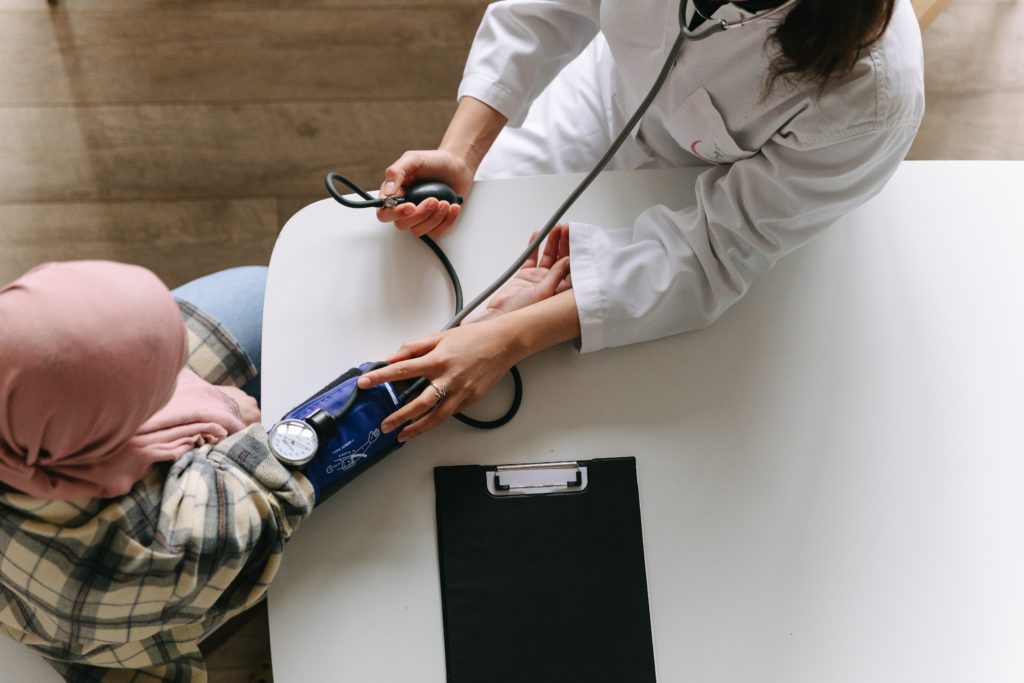Explainer: When to check up on your type 1 diabetes
This post is from Straight to the Point, our guide for adults living with type 1 diabetes. Download the full version for free here.
When it comes to living with T1D, keeping up your T1D checks, tests and examinations is incredibly important. Healthcare professionals in your diabetes team exist to help you build and adjust your daily management plan, set goals and ultimately help you live a happy and healthy life.
What T1D check-ups should you be having? How often?
It’s a good idea to have contact with your diabetes team at least every 3-6 months. Clear and ongoing communication with your diabetes team is particularly important to ensure you’re identifying unnoticed patterns and tailoring your treatment plan as your lifestyle and needs evolve.
As you get older, your diabetes team may need to check in on other aspects of your health to keep you well and avoid or reduce longer term complications, for example your cholesterol, blood pressure and kidneys.

Here’s a list of the different types of check-ups you may require over the years:
- HbA1c: A measure used to check your glycated haemoglobin, or HbA1c, which checks your blood glucose levels over the previous three months.
- Blood pressure: Measures the pressure exerted by blood flow on artery walls. People living with T1D should aim for a blood pressure of 130/80mmHg or lower.
- Cholesterol: Checks the amount of cholesterol and other fats in the blood, which is useful for preventing heart disease and stroke.
- Coeliac disease: Measures antibodies in the blood which are typically elevated for someone with Coeliac disease.
- Thyroid function: Identifies how well your thyroid gland is performing. The results of this test are useful to determine whether you have developed an under or overactive thyroid.
- Dental exams: Checks up on your dental health for any sign of gum disease, tooth decay or infection.
These examinations and health checks change over the years. For a full schedule detailing all check-ups, when to get them and which healthcare professional to see for each, download Straight to the Point.
When should I seek urgent medical attention?
If you’re feeling unwell, or experiencing symptoms like an upset stomach, difficulty bringing BGLs down or detecting ketones, make sure you reach out to your diabetes team or healthcare professional as soon as possible. They can help you decide the best course of action.
It’s also important to have a sick day plan handy so you can refer to it if you’re feeling unwell. Download Straight to the Point today for more information on creating your sick day plan.
Most importantly, play it safe if you’re unsure. Reach out to your diabetes team and look out for yourself.

Want more tips on getting organised?
Fill out this form to have Straight to the Point: A guide for adults living with T1D sent directly to your inbox.




